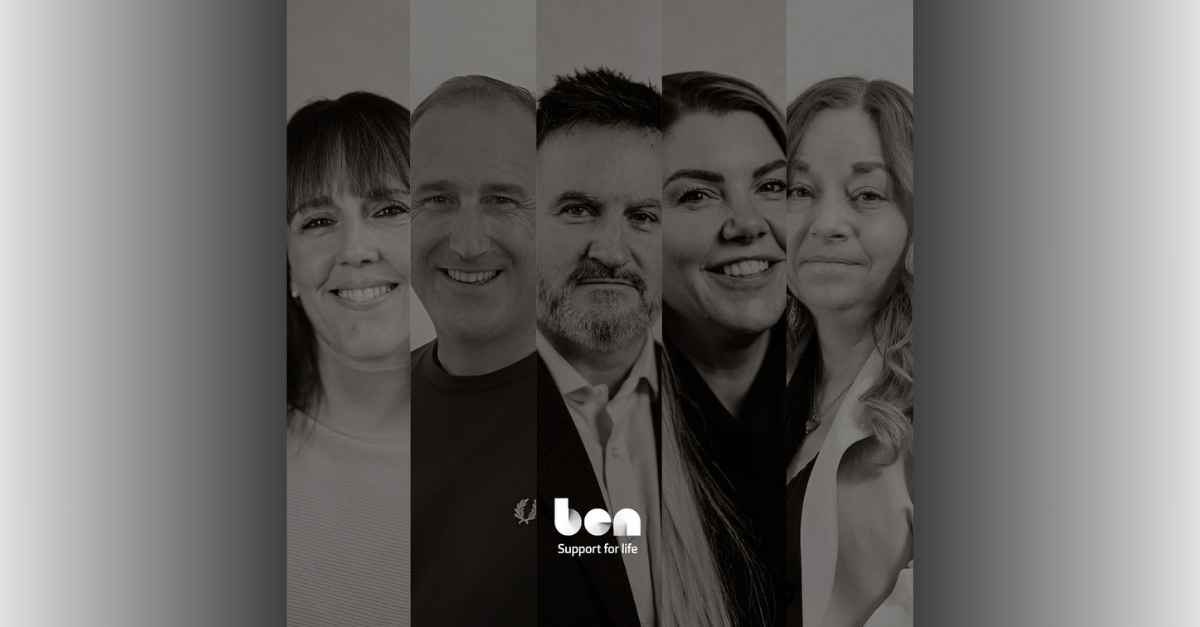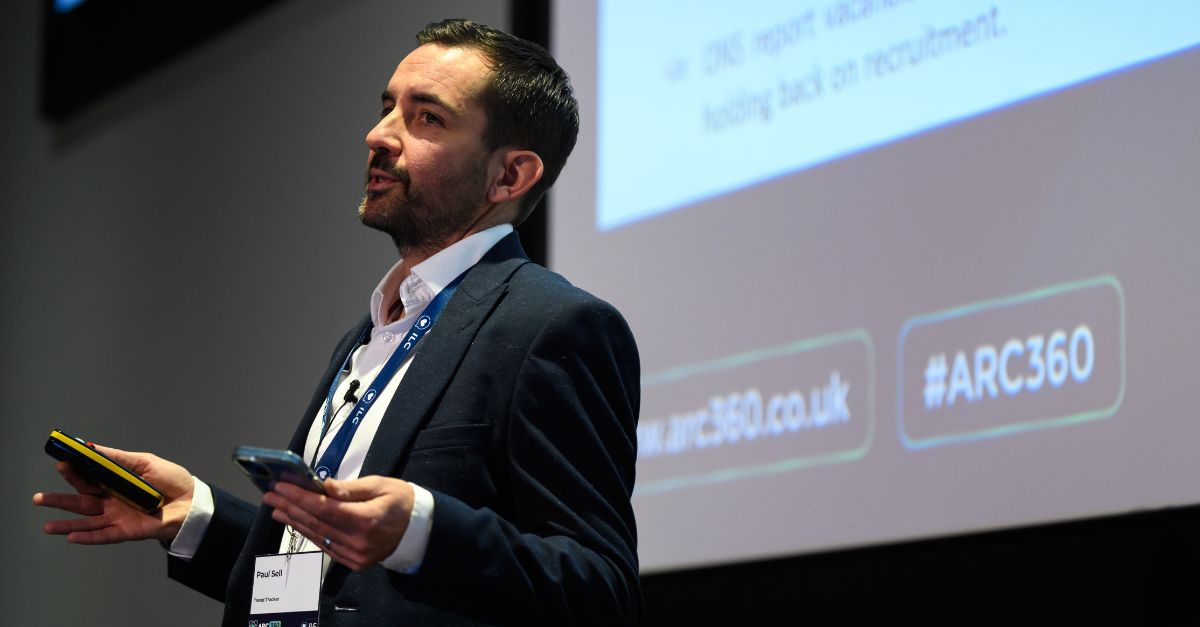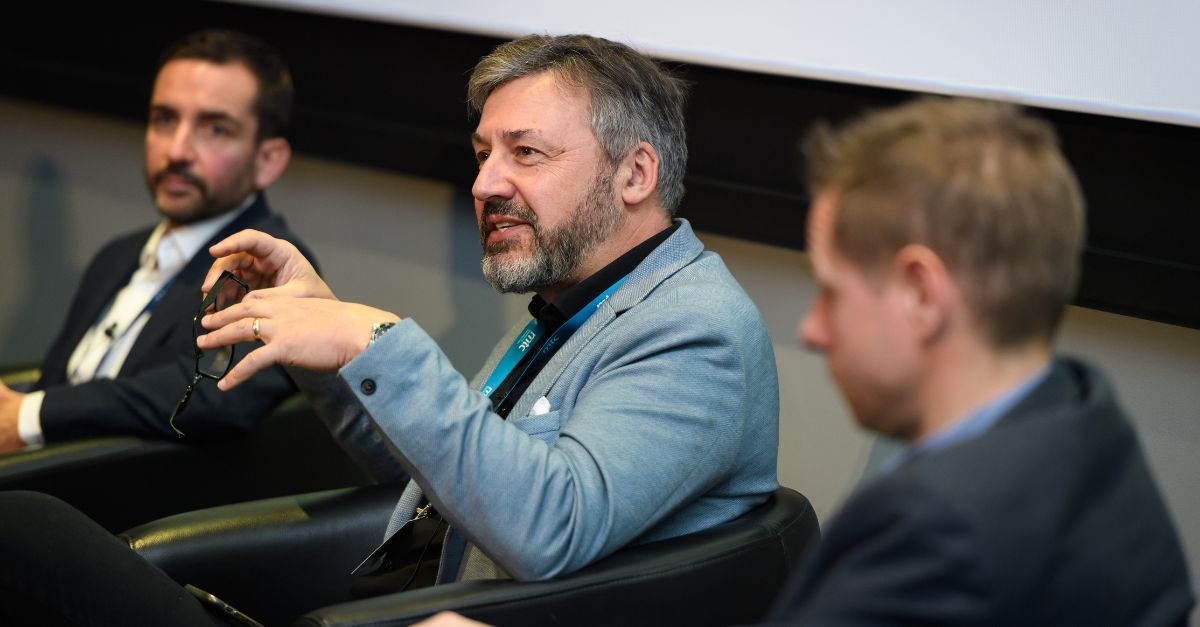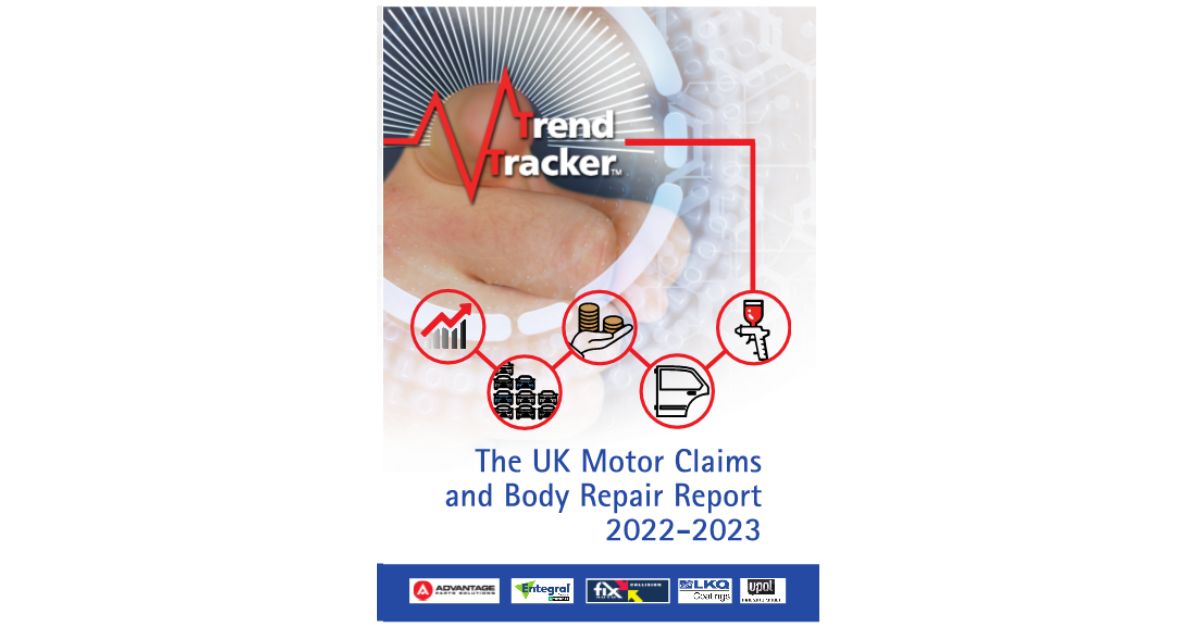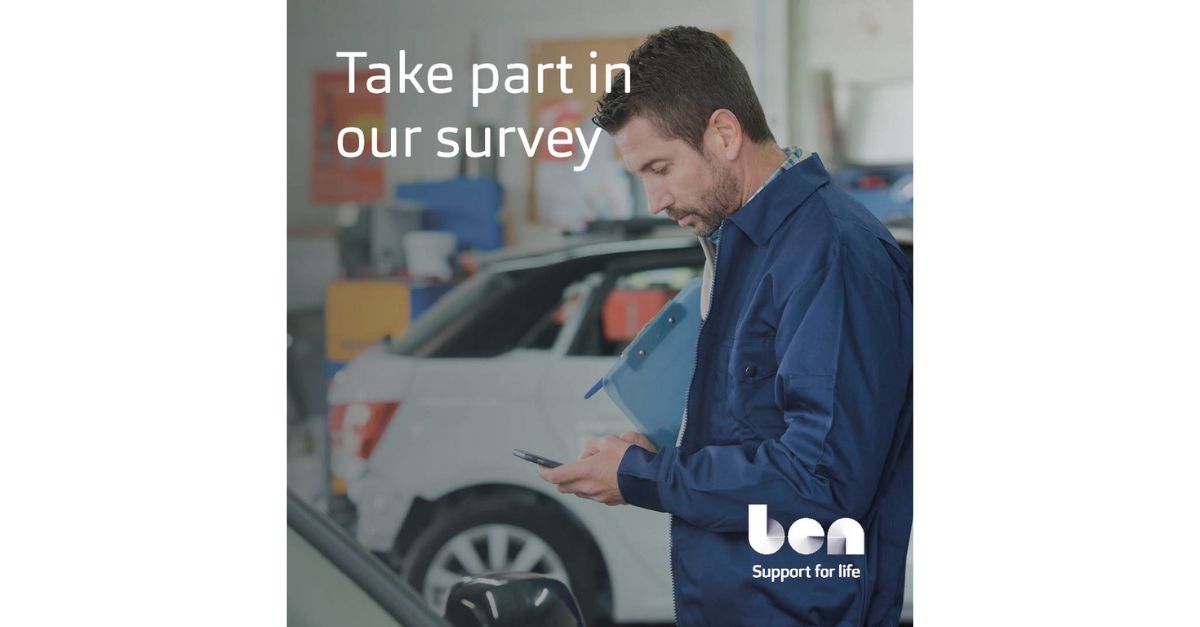Understanding the future is not easy when the present remains so difficult to grasp. Upheaval has followed upheaval since 2019 and with the political and economic outlooks still so unsettled, it seems clear that businesses need to build resilience to this volatility rather than trying to wait it out.
Of course, even before the pandemic ushered in an era of such disruption, the automotive industry was in the midst of transition – at a pace and scale never before seen in the industry.
Driven by new innovative technologies, processes, products and people (skills) were all evolving quicker than many could keep up with; the last three years has only accelerated the change that was already taking place, while forcing businesses to change in new ways as well to adapt to a changing society.
This autumn, ILC asked three of its corporate partners to share their insights into what the future might hold, with Trend Tracker providing a broad industry overview, Thatcham Research looking at it from a vehicle repair perspective, and Repairify considering the technological changes that may occur.
Overview
Trend Tracker’s data is based on a 43-question survey of bodyshops carried out for its upcoming UK Motor Claims and Body Repair Market Report, which is supported by ARC360 and the NBRA.
It found that 86% of respondents believe the current economic crisis will impact the repair industry significantly and in the long term, with rising costs and staff the two most pressing concerns; more than six in 10 (61%) respondents cited rising costs as their number one challenge at the moment, while 50% said recruiting and retaining trained colleagues would be their major issue in the next three to five years.
This is borne out by the fact that more than 60% of respondents said that less than 10% of their workforce is under 25, while more than 70% said apprentices make up fewer than five per cent.
With skills in such short supply then and a continued lack of new talent entering the market – not to mention the attrition caused by Covid-19 – wage inflation is inevitable. In fact, every single respondent said they had seen an increase in staffing costs since 2019, with half saying those costs had risen between 11% and 20% and a further third putting increases at more than 20%.
Capacity
Surprisingly though, just seven per cent said contract terms and renumeration was their primary concern currently, and perhaps that has something to do with the capacity conundrum, which is shifting the dynamic between repairers and work providers.
The Trend Tracker survey revealed that 63% of respondents have no further capacity – an alarming figure on the cusp of winter – with nearly a third (32%) believing demand will outstrip supply for another two years.
Facing such pressing and immediate challenges, it’s hardly surprising that many businesses are too focused on the now to take a long-term view. A quarter of bodyshop respondents admitted that ‘all long-term plans are on hold whilst the industry is dealing with challenges.’
Perhaps more hopefully, 32% said their long-term goals remained on target despite short-term obstacles, while 25% said their business strategies were unchanged: “This is what we planned for.”
Skills
But if bodyshops have identified skills as the greatest issue going forward, they are not the only ones. Thatcham Research also believes that a lack of skills is a looming threat to the sector’s ability to repair vehicles safely.
The wider adoption of ADAS and electric vehicles will only exacerbate the challenge, but it has also warned that connected cars could also widen the skills gap as their repair and maintenance will demand new processes.
Dean Lander, Head of Repair Services, said, “There are already over 28 million connected cars globally and although repairers have been working with them for many years the significant shift we are seeing is with Over-The-Air (OTA) capability, where the technician can operate remotely from the vehicle.
“This brings new risks and bodyshops will have to control where, when and with whom the vehicle’s OTA communications channels are opened and be more cognisant of any interactions from third parties when diagnosing, rectifying, and reinstating systems.”
Thatcham Research does more than most to future-proof the industry both in terms of technological research and training, with more than 3,500 technicians and apprentices benefitting from its courses every year.
It is also now creating a UK centre of excellence for vehicle technology research and safety assurance testing at Retford Gamston Airport, and exploring opportunities with Bassetlaw District Council to extend the training and skills development.
Focus
However, it believes more needs to be done and is urging the industry to work collaboratively and with even more urgency to address the skills shortage.
Dean continued, “Thatcham Research and our partners across the automotive sector are taking significant steps to ensure bodyshop businesses will have a full complement of staff with the necessary skills at their fingertips. We are working closely with industry – not least the Body Repair Industry Trailblazer – to create apprenticeships standards fit for the future, with emerging technology at the forefront of our thinking.
“We are equipping hundreds of young and diverse people every year with the skills they need for a successful career in repair. Apprentice starts are, in 2022, higher than they have been since 2017.
“However, to ensure that the worrying shortfall predictions circulating recently never come to pass, there is more work to be done around devising and implementing initiatives to attract diverse talent and fill the skills gap.”
Action
There is cause for optimism though, with more and more major players responding to the challenge.
Repairify is one of the industry’s leading tech companies, serving the industry with advanced diagnostic tools and remote support to help streamline the repair journey. But it too understands that technology is only effective if there are skilled people to use it.
In July it acquired US-based Automotive Training Group to develop its own training capabilities, and just this month it launched the Repairify Institute, an innovative education programme that employs some of the most modern training techniques to upskill the industry.
Phil Peace, managing director (SVP) International, Repairify, said, “The average age of employees in the bodyshop sector is high and we need to find new ways of attracting fresh talent and training them in relevant methods. However, this requires significant updating of numerous qualifications and training schemes.
“The balance of work and life is also becoming critical, and we need to be flexible to attract and retain staff.”
New entrants
Beyond its people, Phil expects change to be driven by continuing technological development and new entrants to market. He believes new entrants are a positive influence as they drive up efficiencies across the industry, and because many are ‘add-ons’ to existing work processes he thinks they have a place alongside more legacy technologies.
However, he warns that new and old can only be effective together if the industry adopts a more open approach.
He said, “Some systems are closed, and this makes integration more challenging, however, the principle thought process is that customers want open systems so they are free to choose the add-ons that they wish. Repairify is evolving existing products to incorporate new protocols and our strategy is to expand the integration of our solutions to further third-party systems improving customer accessibility.”
Technology
In terms of new technologies, he expects innovation to drive change in five key areas:
- FNOL – integrated technology and access to information from the manufacturer will streamline this element of the process
- Damage identification and partly-automated engineering via systems such as Tractable or Qapter
- Process improvements within the workflow – these are continuous improvements that we have seen for numerous years where everyone is trying to streamline their operations
- Social responsibility and driver awareness driving information relating to the repair being available to the driver and the market
- Data: manufacturers have all the information, so monetising it and making it available in a consolidated format is the challenge.
Future
While no one could have predicted the pandemic, not least the economic shadow it continues to cast or the way it has influenced customer behaviours, the changes that have been brought about are ongoing and in many cases permanent.
Describing the ‘new normal’ now probably depends on who you ask and what day it is, but it’s clear that further disruption is coming and while new innovations, strategies and efficiencies can help businesses prepare, the industry agrees that it is people who will determine the outcomes.
And over and above any particular skill, an open, adaptable mindset is perhaps the greatest asset at the moment – ‘If you change the way you look at things, the things you look at change.’



